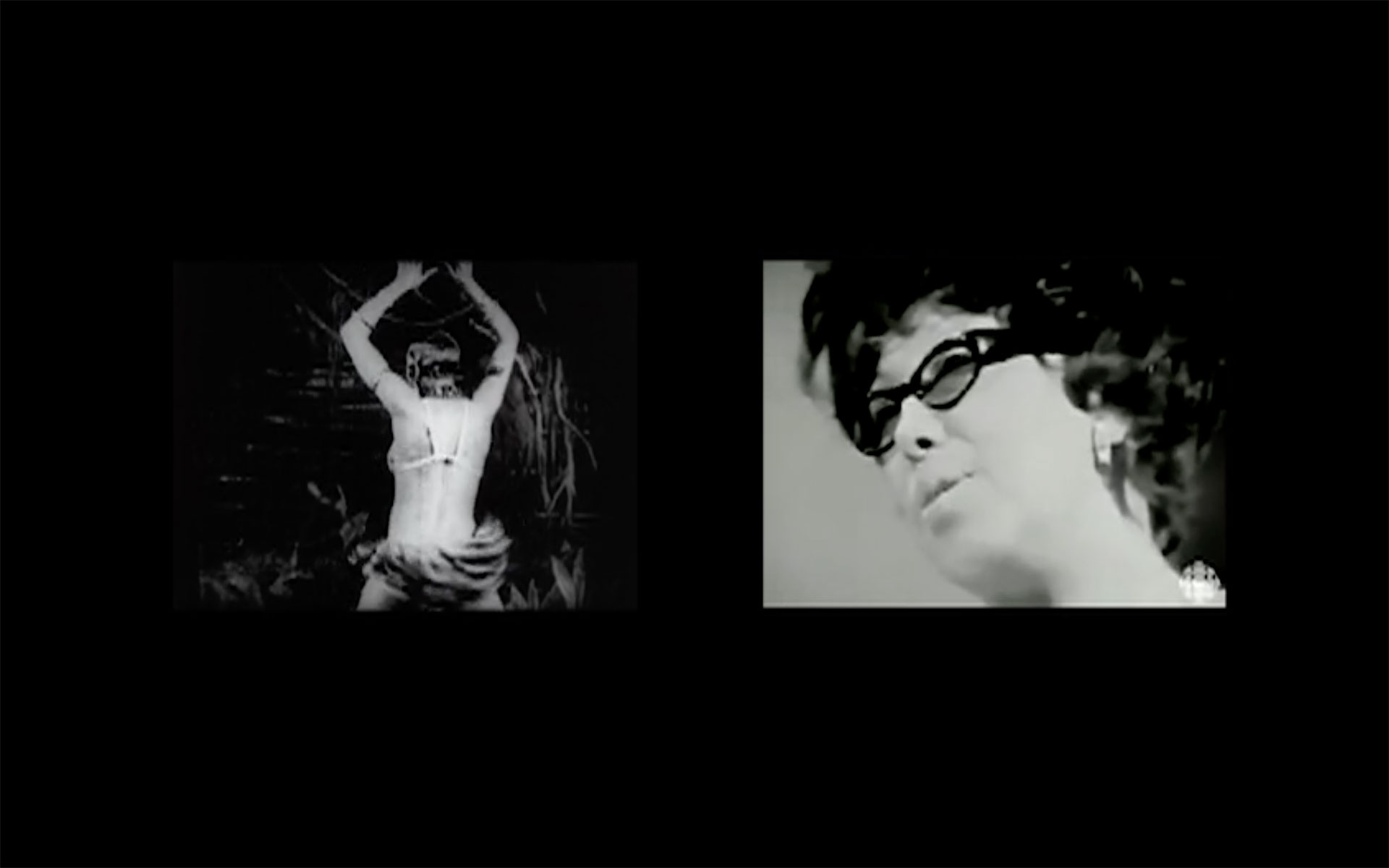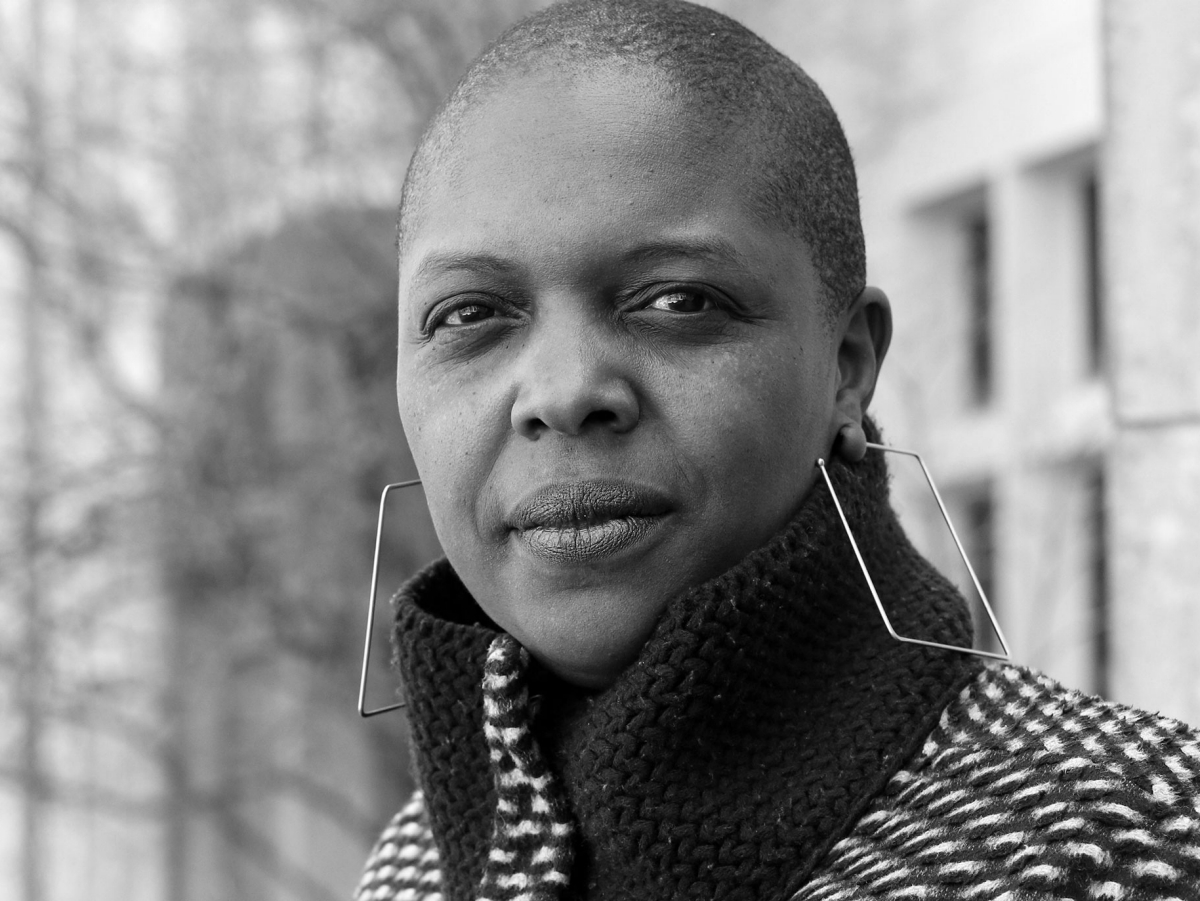Messing with Archives: An Afrosurrealist Approach to Research

Messing with Archives: An Afrosurrealist Approach to Research
Terri Francis, Indiana University
Friday, March 6, 6:00 pm
Michelson Theater, 721 Broadway, 6th Floor
Inspired by Amiri Baraka’s idea of Afro-Surreal Expressionism, my videographic criticism explores the affective and methodological boundaries of traditional research on historical documents of the Black image. “Joséphine Baker Watches Herself” is a seven-minute videographic essay in which I have manipulated footage of Baker’s famous banana dance and other materials in order to position Baker as a commentator of her own work as she reflects on her career. The material is arranged in a way that implies that the older Baker of the 1970s watches the younger Baker of the 1920s. In my video, Baker becomes her own authoritative audience, watching and analyzing her work. In this way “Josephine Baker Watches Herself” reframes Baker as both spectacle and spectator. The American-born Parisian entertainer made a career of being a spectacle, particularly in the 1920s, when she performed at the Folies Bergère in a skirt of bananas. Yet, how often have we considered Baker as a spectator, as a thinker?
Terri Francis teaches film studies courses and directs the Black Film Center/Archive at Indiana University.
Free and open to the public. Limited seating available.
-

BIO
Terri Francis teaches film studies courses and directs the Black Film Center/Archive at Indiana University. She is a scholar of Black film and critical race theory whose work involves archival research, cultural history, and visual analysis, set within the vicissitudes of performance and representation. Francis published her research on Jamaican nontheatrical films as “Sounding the Nation: Martin Rennalls and the Jamaica Film Unit, 1951–1961” in Film History in 2011, and she guest edited a close-up on Afrosurrealism for Black Camera in 2013. Francis is the author of Josephine Baker’s Cinematic Prism (Indiana University Press, 2021), and her essays appear in Transition and Another Gaze. Francis has worked to animate the Black Film Center/Archive as a living, breathing center of new and innovative ideas about Black film. She has curated the film series “Race Swap,” “Black Sun/White Moon,” and “Love! I’m in Love!” and the speaker series “Black Film Nontheatrical and before Representation.”